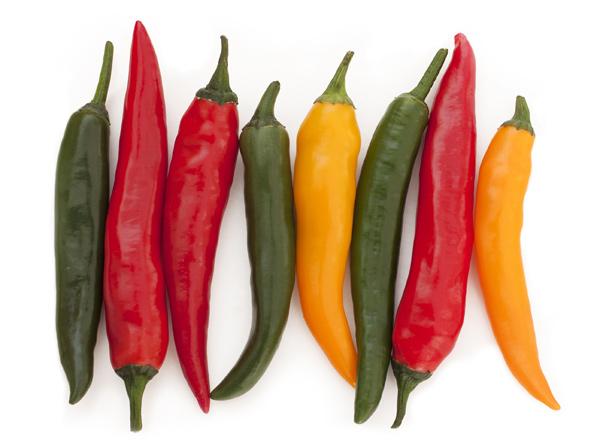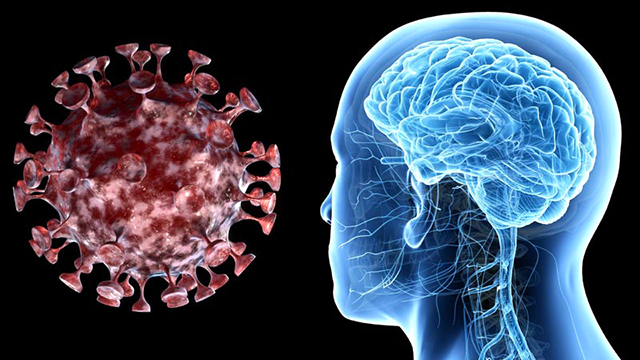You are here
Fiery pepper causes ‘thunderclap’ headache
By Thomson Reuters Foundation - Apr 19,2018 - Last updated at Apr 19,2018

Photo courtesy of healthnutnews.com
Eating super-hot chili peppers can have painful effects that extend beyond a blazing mouth, doctors warn.
After downing a “Carolina Reaper”, billed as the world’s hottest chili pepper at the time, a 34-year-old man developed intense head and neck pain, and had several brief but excruciating headaches over the next few days. Known as “thunderclap headaches”, these episodes are a medical emergency, because they can signal bleeding in the brain, a clot shutting down brain blood flow, or other life-threatening conditions.
Fortunately for the man, the pain came from so-called reversible cerebral vasoconstriction syndrome (RCVS), a temporary narrowing of the vessels that supply the brain with blood. RCVS usually does not have long-term ill effects but can sometimes lead to a stroke.
Certain substances — including capsaicin, the active ingredient in chili peppers — can trigger blood vessel constriction, Dr Kulothungan Gunasekaran, a senior staff physician at Henry Ford Health System in Detroit and one of the doctors who took care of this patient, told Reuters Health in a telephone interview.
He noted that other teams have already reported two cases of heart attack apparently due to capsaicin, one in a patient taking cayenne pepper capsules for weight loss and another in a patient using a capsaicin patch to treat pain.
In a report released April 9 by the publishers of BMJ Case Reports, Gunasekaran and colleagues describe how the patient had started having dry heaves after competing in a hot pepper contest. Over the next few days he suffered thunderclap headaches, with excruciating pain that eventually sent him to the emergency room.
Tests showed no sign of stroke or any other deadly headache causes, and the man’s blood pressure was normal. CT angiography, which allows doctors to visualise blood vessels, showed narrowing of four arteries delivering blood to the brain, suggesting RCVS.
Repeat CT angiography five weeks later found the man’s arteries had returned to normal.
“People should be cautious about the effects of hot peppers,” Gunasekaran said. “If they do develop these symptoms, they should seek medical attention.”
Dr Aneesh Singhal of Harvard Medical School and Massachusetts General Hospital in Boston was the first to describe RCVS, in 2001, in a patient who developed thunderclap headaches after eating red hot peppers. While about one-third of patients with RCVS will have complications such as bleeding in the brain, Dr Singhal noted, “more than 90 per cent of patients have an excellent outcome”.
It is crucial that thunderclap headaches not be mistaken for migraine, because migraine drugs can make RCVS worse, he told Reuters Health in a telephone interview.
Energy supplements are another potential cause of RCVS, Dr Rula A. Hajj-Ali of Cleveland Clinic Lerner College of Medicine told Reuters Health by phone. She noted that most of her RCVS patients are males who use these supplements.
While most RCVS patients do well, she added, a minority can have such severe blood vessel spasms that they die. “This is a common cause of strokes in the young, and it is not benign,” Hajj-Ali said.
Related Articles
People who like spicy foods may eat less salt and have lower blood pressure, potentially reducing their risk of heart attacks and strokes, a
A study of 15 patients with chronic fatigue syndrome (CFS) has found that patients’ brains have at least three distinct abnormalities when compared to healthy people, researchers said Wednesday.
WASHINGTON — A pattern is emerging among COVID-19 patients arriving at hospitals in New York: Beyond fever, cough and shortness of breath, s


















